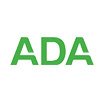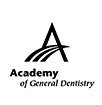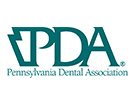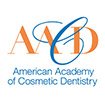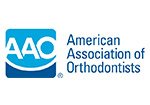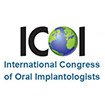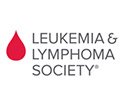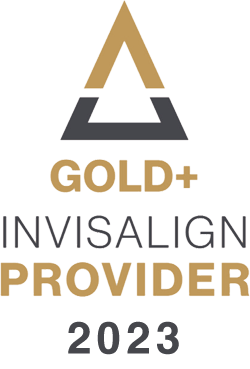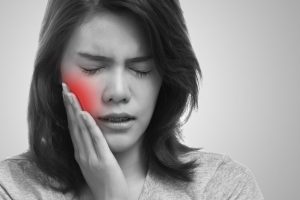
Dental emergencies can occur at any time. Whether you wake in the morning with a nagging toothache or fall off your bike and knocked out a tooth, they often happen when you least expect it. In a normal situation, you would simply call your
emergency dentist and schedule an appointment; however, the spread of COVID-19 is making it much more difficult. With so many offices closed and dentists only seeing patients suffering from serious dental injuries, how serious does your situation need to be to warrant a visit? Read on to find out more about this infectious disease and how it’s impacting your ability to seek oral care.
The Facts Behind COVID-19
Identified as an infectious disease by The World Health Organization (WHO), COVID-19 causes respiratory illness with symptoms including fever, cough, and shortness of breath. Individuals who are sick but are not admitted into a hospital are encouraged to self-isolate for a minimum of 14 days. Those who are not ill should practice social distancing and only go out for basic necessities.
To avoid contracting the disease, it is advised that all individuals wash their hands with soap and water for at least 20 seconds or use a hand sanitizer that has 60% alcohol in it. Also, people must stay away from those who are sick or are most at risk of contracting COVID-19.
How is COVID-19 Impacting Dentistry?
Apart from the fact that dental offices are taking extra precautions with regard to sterilizing and disinfecting equipment and surfaces, staff are employing pre-screening procedures to ensure patients do not transmit the disease to others.
But who exactly is receiving oral healthcare right now?
The answer is those individuals who are experiencing serious dental injuries. According to the American Dental Association (ADA), individuals who have severe tooth pain as a result of an abscess or other infection, or those who have knocked out a tooth and require immediate attention are eligible to seek the help of a dental professional. These are instances that can be treated by a dentist and alleviate the patient load at nearby hospitals.
However, if an individual is experiencing continual bleeding from the mouth, increased swelling, or a broken or fractured jaw, they will need to seek emergency assistance from a medical professional.
What if It’s a Non-Emergency?
How do you know if what you’re experiencing is a non-emergency? The answer is that your dental team will tell you. No matter the type of injury or accident, you are advised to contact your dentist’s office. After explaining your situation, they will be able to tell you if you should come in immediately or treat your problem at home. Although you may need to see a dentist at a later date, there are ways you can treat your dental issue in the meantime.
Some of these instances include:
- A lost crown or filling can be temporarily put back into place with dental cement or adhesive found at your local drug store.
- A minor toothache or soft tissue injury can be treated with an over-the-counter pain reliever and cold compress. If something is stuck between teeth, dental floss should be used to remove it.
Just because COVID-19 has created difficulties for both dentists and patients doesn’t mean your smile is not important. Whether you believe you are dealing with an emergency or have questions about the status of your oral health, make sure to call your dentist’s office. Their staff will be available to help in your time of need.
About the Author
Like most dentists throughout the country, Dr. Mark Simeone is currently only seeing emergency patients. Understanding you may feel hesitant to come in for an emergency visit, Dr. Simeone ensures all patients that he and his staff are working diligently to ensure the safety of everyone who enters their dental office. From using personal protective equipment to taking additional precautions to sterilize and disinfect tools, equipment, and surfaces, if you or a loved one is experiencing a dental emergency,
contact us at
(610) 383-1600.
 Dental emergencies can occur at any time. Whether you wake in the morning with a nagging toothache or fall off your bike and knocked out a tooth, they often happen when you least expect it. In a normal situation, you would simply call your emergency dentist and schedule an appointment; however, the spread of COVID-19 is making it much more difficult. With so many offices closed and dentists only seeing patients suffering from serious dental injuries, how serious does your situation need to be to warrant a visit? Read on to find out more about this infectious disease and how it’s impacting your ability to seek oral care.
Dental emergencies can occur at any time. Whether you wake in the morning with a nagging toothache or fall off your bike and knocked out a tooth, they often happen when you least expect it. In a normal situation, you would simply call your emergency dentist and schedule an appointment; however, the spread of COVID-19 is making it much more difficult. With so many offices closed and dentists only seeing patients suffering from serious dental injuries, how serious does your situation need to be to warrant a visit? Read on to find out more about this infectious disease and how it’s impacting your ability to seek oral care.

